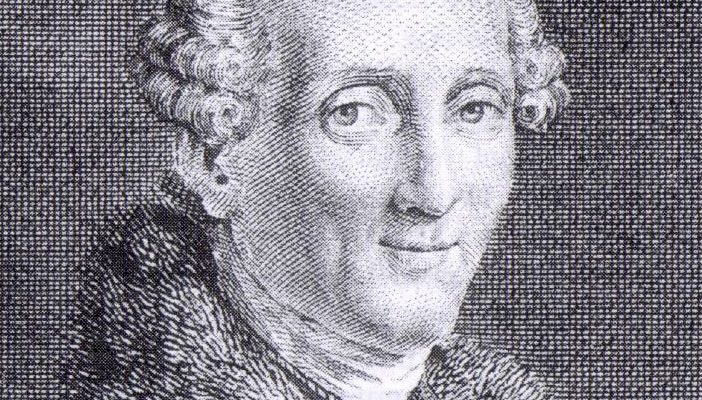One of the leading composers of the Neapolitan opera school: Who is Niccolo Piccinni?
He composed both humorous and serious operas but was most famous for his stylistic struggle against Gluck.

Niccolo Piccini (January 16, 1728, Bari, Kingdom of Naples – died May 7, 1800, Passy, France) was one of the leading composers of the Neapolitan opera school.
He composed both humorous and serious operas but was most famous for his stylistic struggle against Gluck. He studied in Naples and staged many operas. The masterpiece of his early years was the opera buffa La buona figliuola (1760; The Good Girl). In this work, whose other name is La Cecchina, he handled a serious and emotional theme with the flexible musical style of the old opera buffa in the Persian genre. This new style later set an example for Mozart's operas.
Niccolò Piccinni (16 January 1728 – 7 May 1800) was an Italian composer of symphonies, sacred music, chamber music, and opera. Although he is somewhat obscure today, Piccinni was one of the most popular composers of opera—particularly the Neapolitan opera buffa—of the Classical period.
Niccolo Piccini went to Paris in 1776, where he was invited to write an opera in a style opposed to Gluck's. Neither composer actively participated in this stylistic struggle, but a fierce rivalry arose between them nonetheless. However, the approaches of the two composers were quite different from each other. While Niccolo Piccini continued the traditional practice in which the recitative came after the aria, Gluck's music laid the foundation of the opera reform, which took the music in a position that would not disrupt the flow of the drama. At the height of the conflict, operas on Iphigenie en Tauride were commissioned by both composers. Gluck's famous opera was staged in 1779, and Niccolo Piccini's in 1781.
